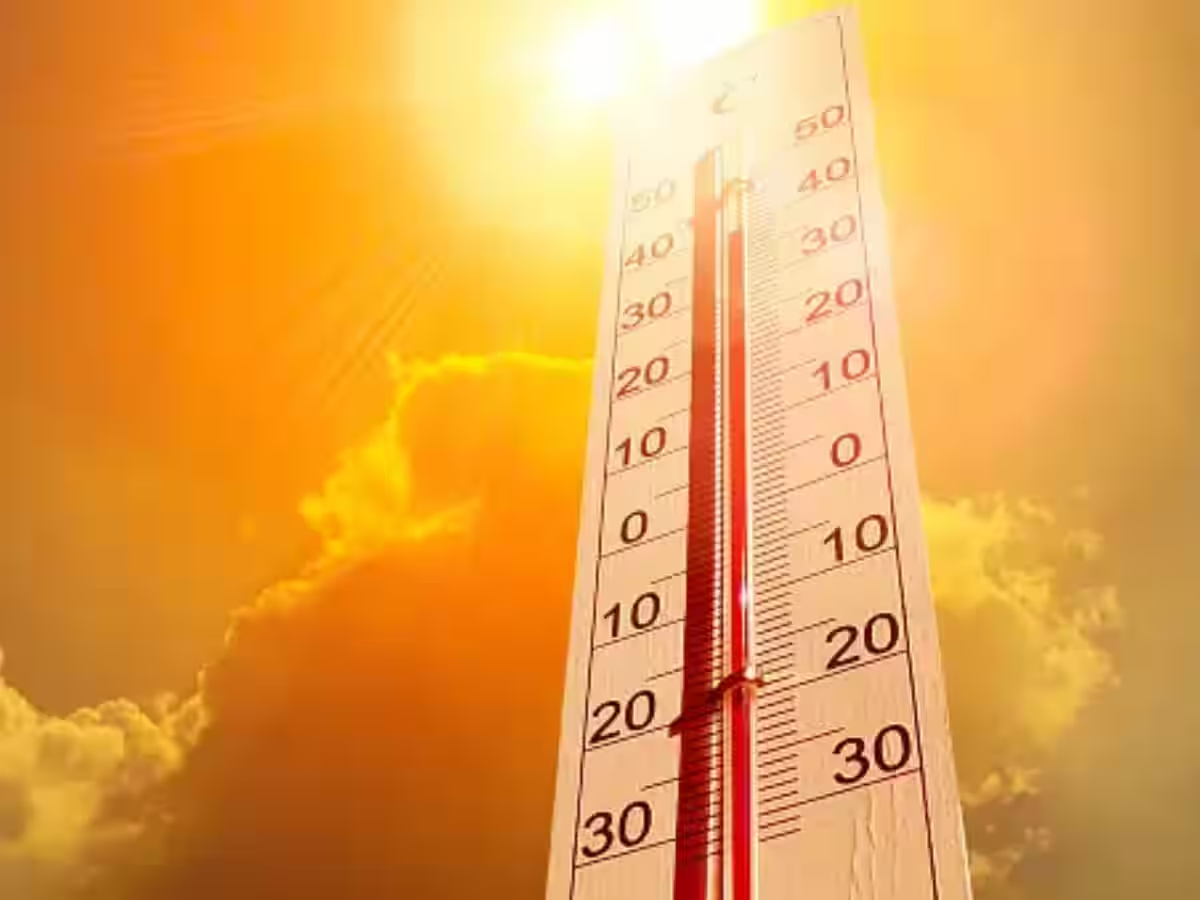Trending
Mercury Soars to a Blistering 51°C in Rajasthan’s Phalodi Amidst Severe Heatwave in North India

NEW DELHI – Temperatures surged to an unprecedented 51 degrees Celsius in Phalodi, Rajasthan on Sunday as a relentless heatwave gripped vast swathes of North India.
According to Senior IMD scientist Naresh Kumar, “The maximum temperature was in West Rajasthan’s Phalodi, 51 degrees. The next 3-4 days will be the same in Rajasthan and we have issued a Red Alert. After that, there will be a gradual decrease in temperature. In Haryana too, we have issued a Red Alert… For Punjab, it is an orange alert for 2 days and then a red alert is issued.”
Delhi, too, is expected to endure the intense heat. Kumar added, “Delhi NCR will face heatwave to severe heatwave today. At some stations, temperatures may reach 47 degrees… The temperature will remain the same for the next three days. After that, there may be some relief… There is no rain forecast for the next 4-5 days. After that, there may be rain in the Himalayas due to western disturbance and there may be a cloudy atmosphere in Northern India…”
The India Meteorological Department (IMD) has issued a red alert for both Rajasthan and Haryana, and an orange alert for Punjab for the next two days, escalating to a red alert thereafter.
The oppressive heat continues to affect most regions of Rajasthan, with average humidity levels ranging between 15 and 30 percent. Severe heatwave conditions are forecasted for Rajasthan, Delhi, Punjab, Haryana, West Uttar Pradesh, and Chandigarh.
In a recent post on X, IMD stated, “Heatwave to severe heat wave is very likely over many parts of Punjab, Rajasthan, Haryana-Chandigarh-Delhi, West Uttar Pradesh on 27th May 2024 and heat wave is very likely over isolated places over East Uttar Pradesh, Madhya Pradesh, Vidarbha, Madhya Maharashtra, Marathwada and Gujarat.”
This extreme weather poses significant health risks, prompting authorities to advise residents to stay hydrated, avoid direct sunlight during peak hours, and take necessary precautions to protect themselves from heat-related illnesses.
As the region braces for continued high temperatures, the IMD’s alerts serve as a critical reminder of the importance of preparedness and vigilance during such severe weather conditions. The situation underscores the need for long-term strategies to address the impacts of climate change, which are manifesting in increasingly frequent and intense heatwaves across the globe.
